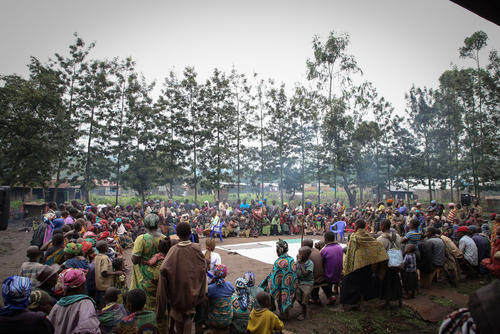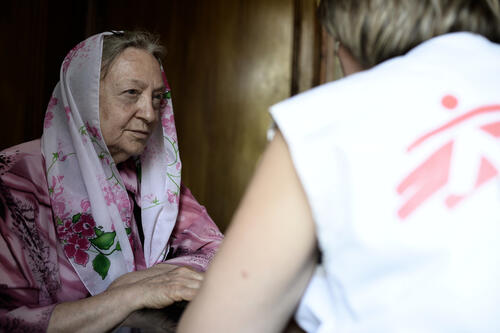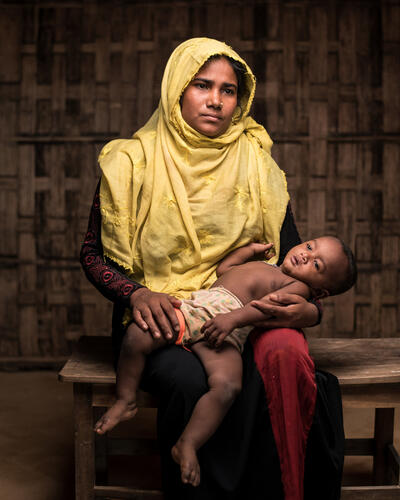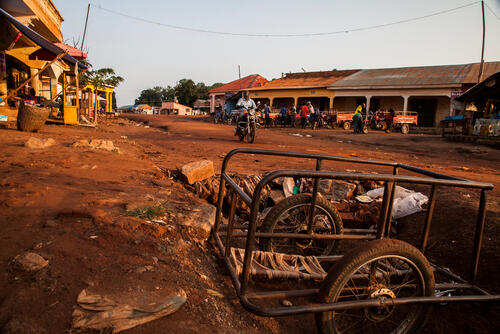For people who have lived through violence or natural disasters, survival goes beyond ensuring physical well-being. Even after their physical injuries have been treated, hidden psychological wounds can remain. To help heal the patient’s psychological wounds, MSF professionals are there to listen, support and provide mental healthcare, so the traumatic experiences do not come to define their lives.
According to the World Health Organization, around the world one in four people will suffer some kind of mental health disorder, yet about 60 per cent of sufferers do not seek help. This percentage is likely to increase dramatically when factors such as persecution, the need to flee armed conflict and natural disasters, and a lack of access vital healthcare are added. This is why MSF places a great deal of importance on providing mental healthcare during humanitarian emergencies.






